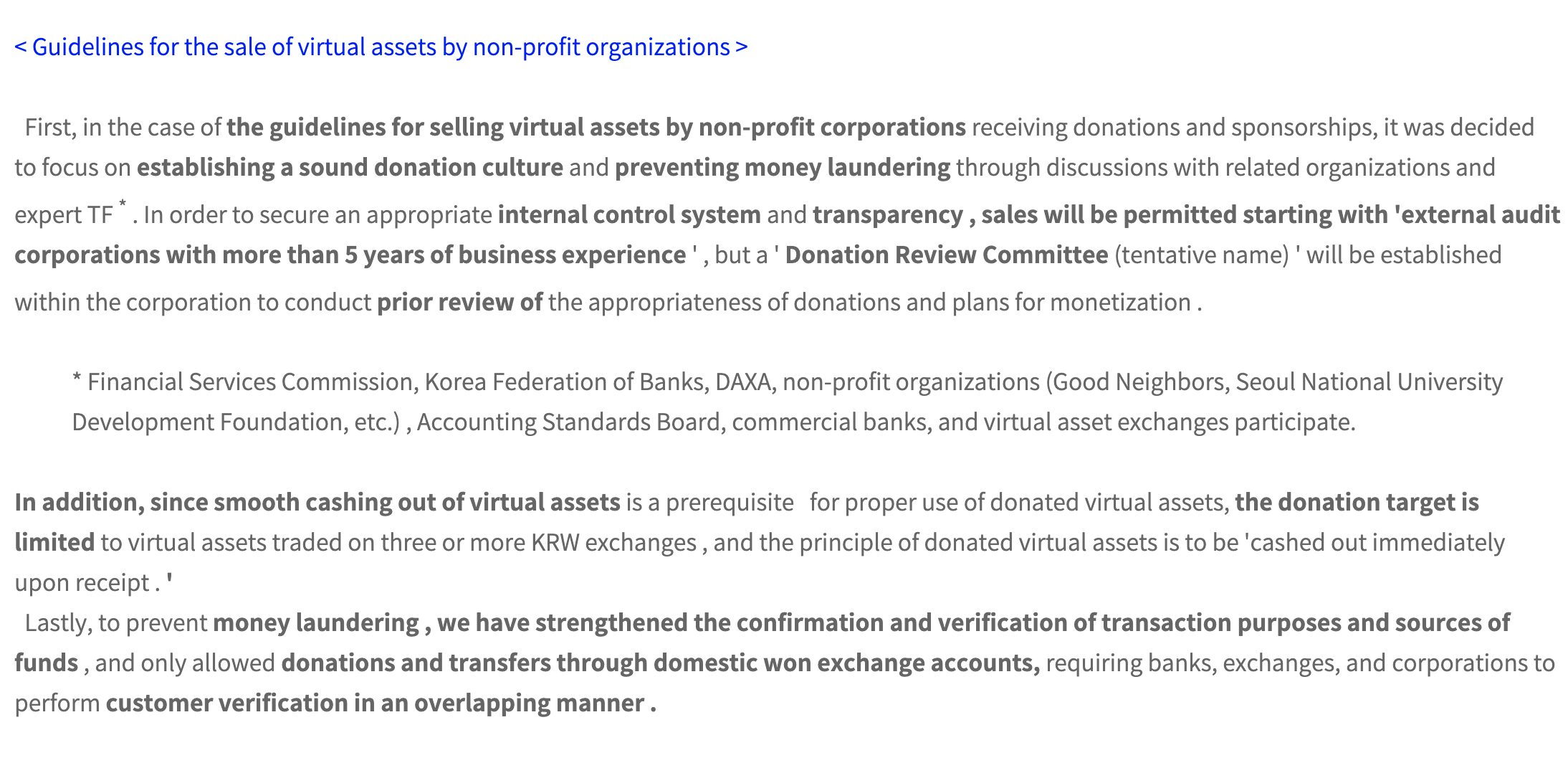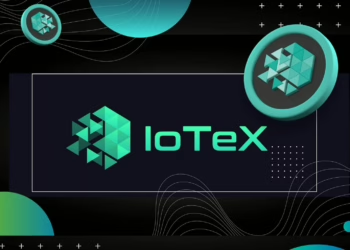South Korea is gearing up for a more regulated digital asset market as it prepares to welcome institutional players.
On May 20, the Financial Services Commission (FSC) unveiled a comprehensive set of new rules aimed at tightening oversight of cryptocurrency sales and listings, particularly for nonprofit organizations and virtual asset exchanges.
Set to come into effect in June, the revised guidelines were approved during the FSC’s fourth Virtual Asset Committee meeting. The rules introduce heightened compliance requirements for nonprofits receiving crypto donations, while placing strict limitations on how exchanges can list and liquidate assets.

Under the new framework, nonprofit entities looking to accept or sell crypto donations must present at least five years of audited financial statements. They are also required to establish internal Donation Review Committees to evaluate the legitimacy and liquidation approach of each digital asset gift.
To prevent money laundering, all donations must be funnelled through real-name, Korean won-based bank accounts, with verification duties shared by banks, exchanges, and the nonprofits themselves. Additionally, donated cryptocurrencies must already be listed on at least three major domestic exchanges, and nonprofits are expected to liquidate them immediately upon receipt.
Crypto exchanges, meanwhile, will be allowed to convert user fees paid in digital assets—but only to fund operational expenses. These conversions will be subject to daily limits, generally capped at 10% of the intended amount. Furthermore, only the top 20 cryptocurrencies by market capitalization, as traded across five local won-based platforms, are eligible for such conversions. To prevent potential conflicts of interest, exchanges are prohibited from selling these tokens on their own platforms.
Starting in June, both exchanges and nonprofits can begin applying for real-name accounts to enable compliant crypto sales. The FSC also plans to expand this real-name account system to listed companies and professional investors by year’s end.
Meanwhile, South Korea’s political landscape is also showing signs of a growing pro-crypto stance. Lee Jae-myung, leader of the Democratic Party, recently proposed the creation of a Korean won-backed stablecoin aimed at curbing capital outflows and strengthening financial sovereignty.
If you want to read more news articles like this, visit DeFi Planet and follow us on Twitter, LinkedIn, Facebook, Instagram, and CoinMarketCap Community.
“Take control of your crypto portfolio with MARKETS PRO, DeFi Planet’s suite of analytics tools.”




















